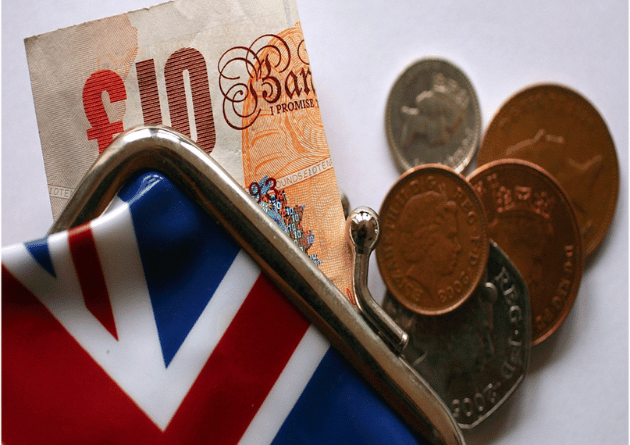UK Retail Sales Drop 3.2% in December, Raising Fears of a Recession

- rabeelrana
The UK economy came under increased scrutiny on Friday as it struggled with a sharp drop in retail sales, which dropped by 3.2% in December after a strong 1.4% increase in November. This number exceeded the expectations of economists, who had predicted a somewhat more moderate 0.5% decline for December.
Looking more closely at the data from the Office for National Statistics, non-food store sales volumes suffered a setback in December, falling by 3.9% and reversing the 2.7% increase that had been seen in November. After seeing a 1.1% increase in sales in November, food stores reported a 3.1% decline. Following a 1.1% fall in November, online retailers also saw a significant decline in sales, with a 2.1% decline. Car fuel sales also experienced a reversal, falling by 1.9% following a 0.8% rise in November. The overall 2023 retail sales picture showed a 2.8% decline in the UK, which was the worst showing since 2018.
The Monetary Policy Committee of the Bank of England is likely to take notice of these troubling retail sales figures. Consumer spending is trending downward, which may lessen demand-driven inflationary pressures. Given the significant impact of private consumption, which accounts for over 60% of the UK economy, the retail sales data may spur discussions about possible rate cuts, even though the BoE may decide to hold off until inflationary pressures subside as a result of the recent UK Inflation Report.
There were swings in the GBP/USD exchange rate due to market reaction. The currency pair reached a high of $1.27145 before dropping to a low of $1.26876 ahead of the release of the UK retail sales report. But the GBP/USD first increased to $1.26952 in reaction to the retail sales data, then fell to a low of $1.26679. The GBP/USD was down 0.21% to $1.26786 by the end of Friday.
Investors are expected to keep a close eye on the Michigan Consumer Sentiment Index when it is released on Friday. A rise in consumer confidence may indicate that consumer spending is on the rise, which could encourage demand-driven inflation. The Federal Reserve may take into account a “higher-for-longer” interest rate strategy in order to reduce consumer spending and lessen inflationary pressures in a persistently inflationary environment. The Michigan Consumer Sentiment Index is expected to increase in January from 69.7 to 70.0, according to economists. In addition, investors will be listening intently to speeches given by FOMC members Mary Daly and Michael Barr in order to gain additional understanding of the Fed’s viewpoint.
